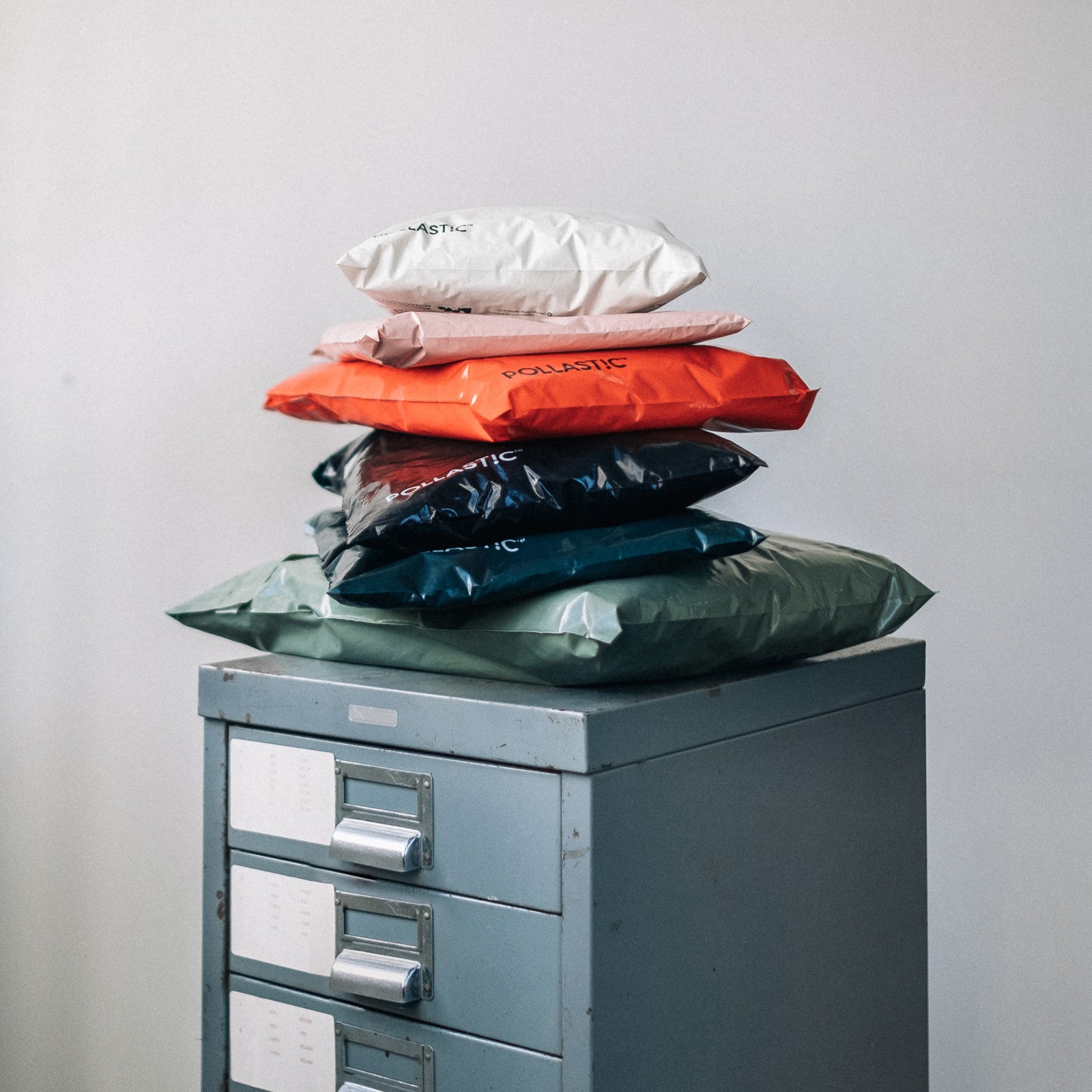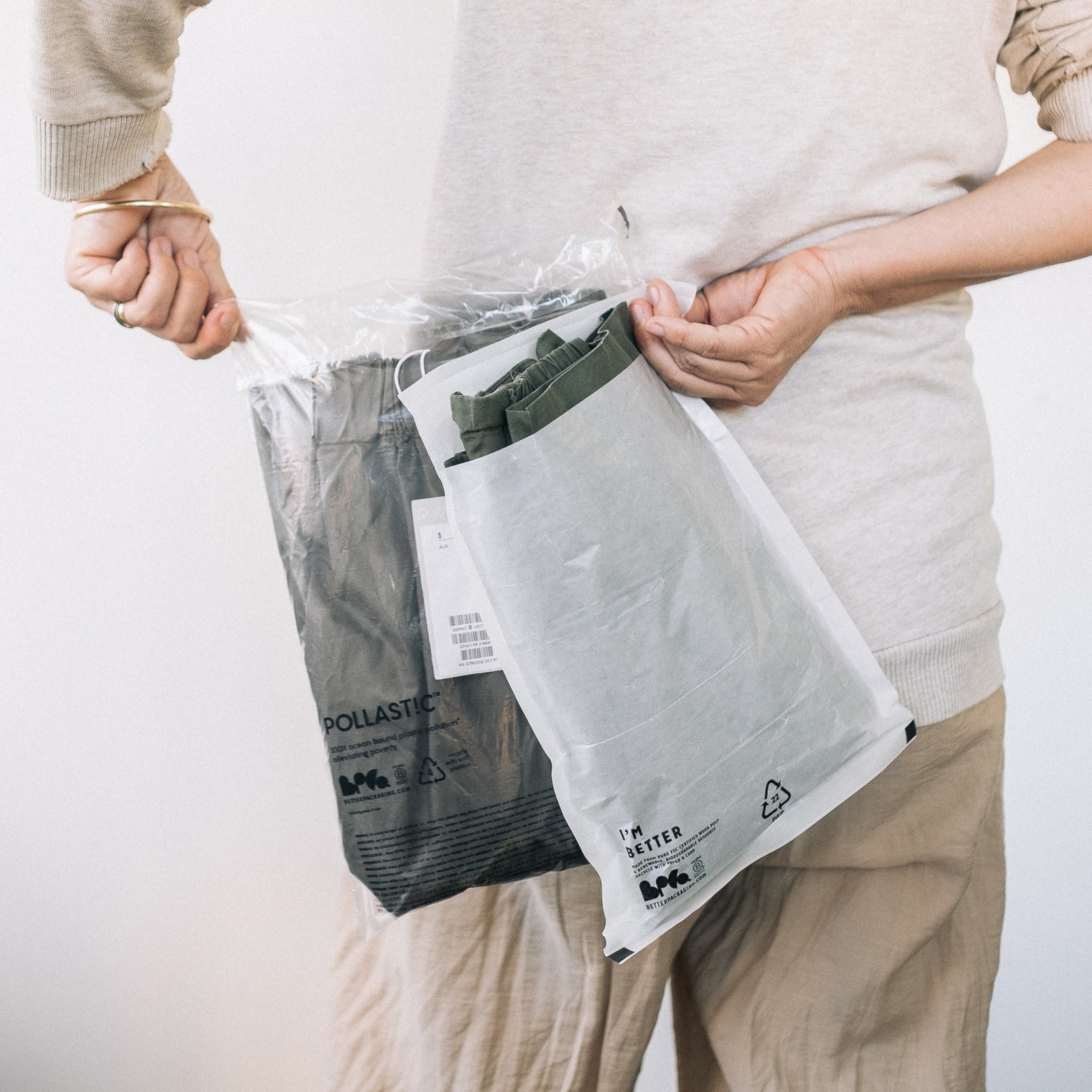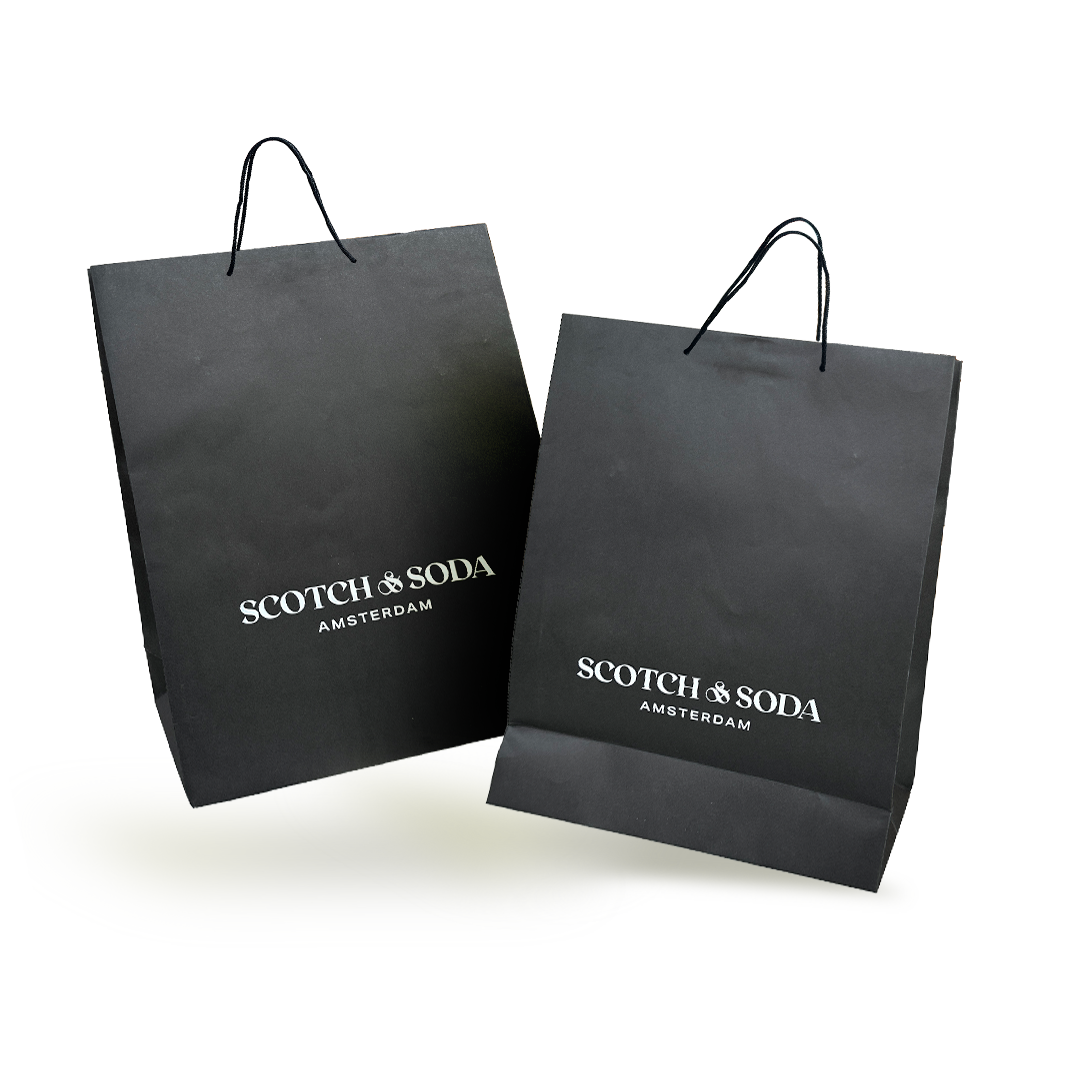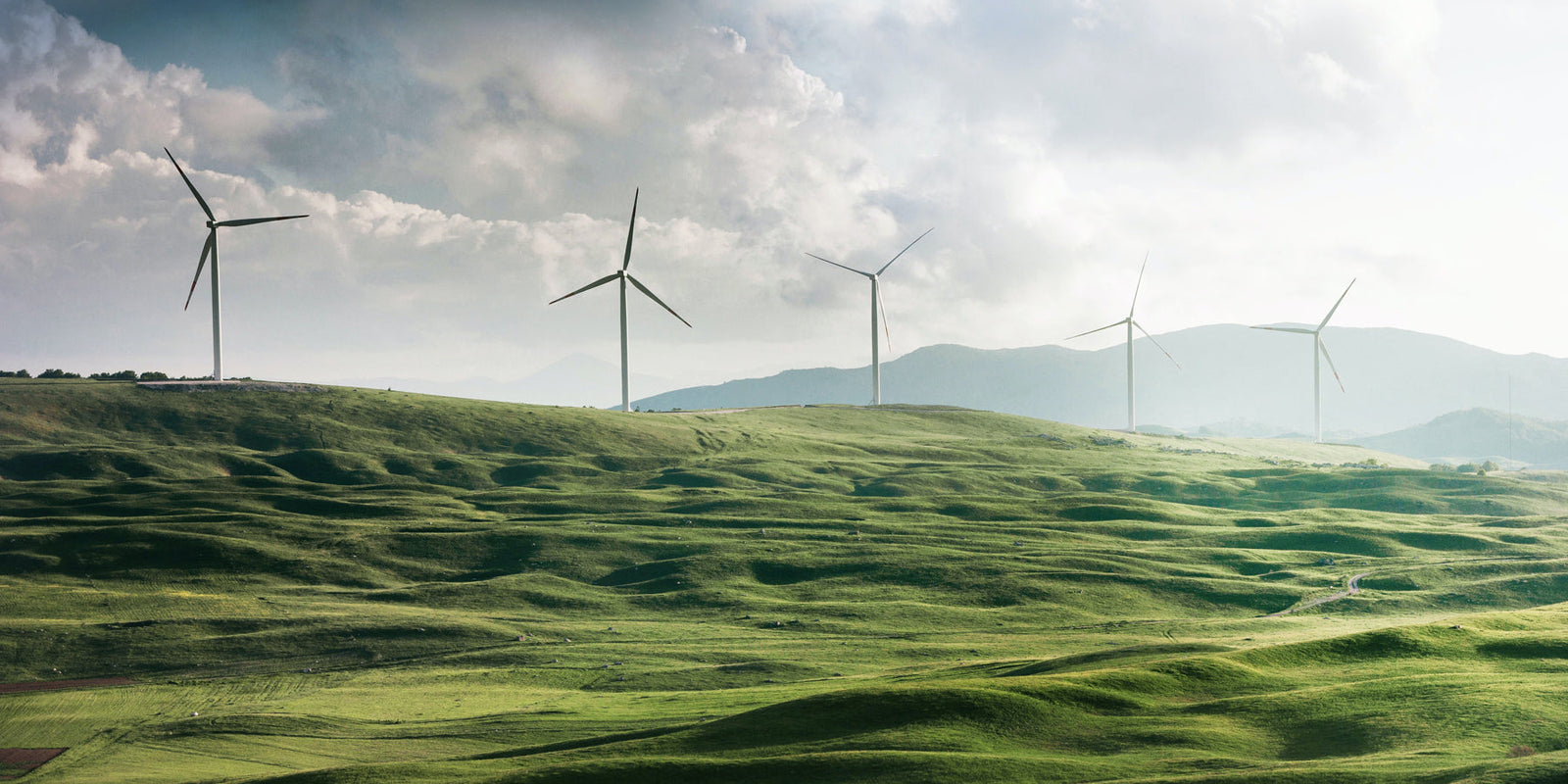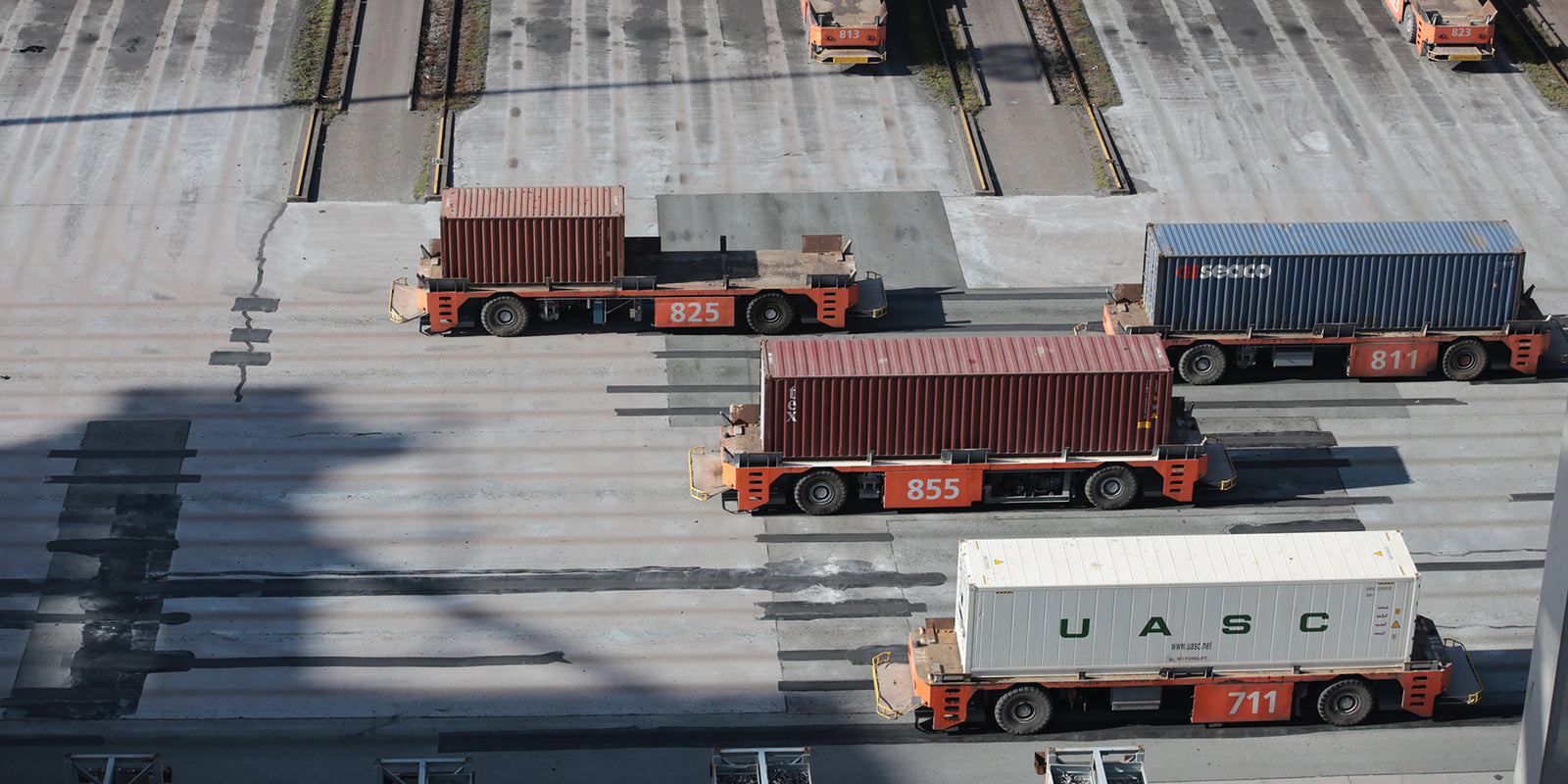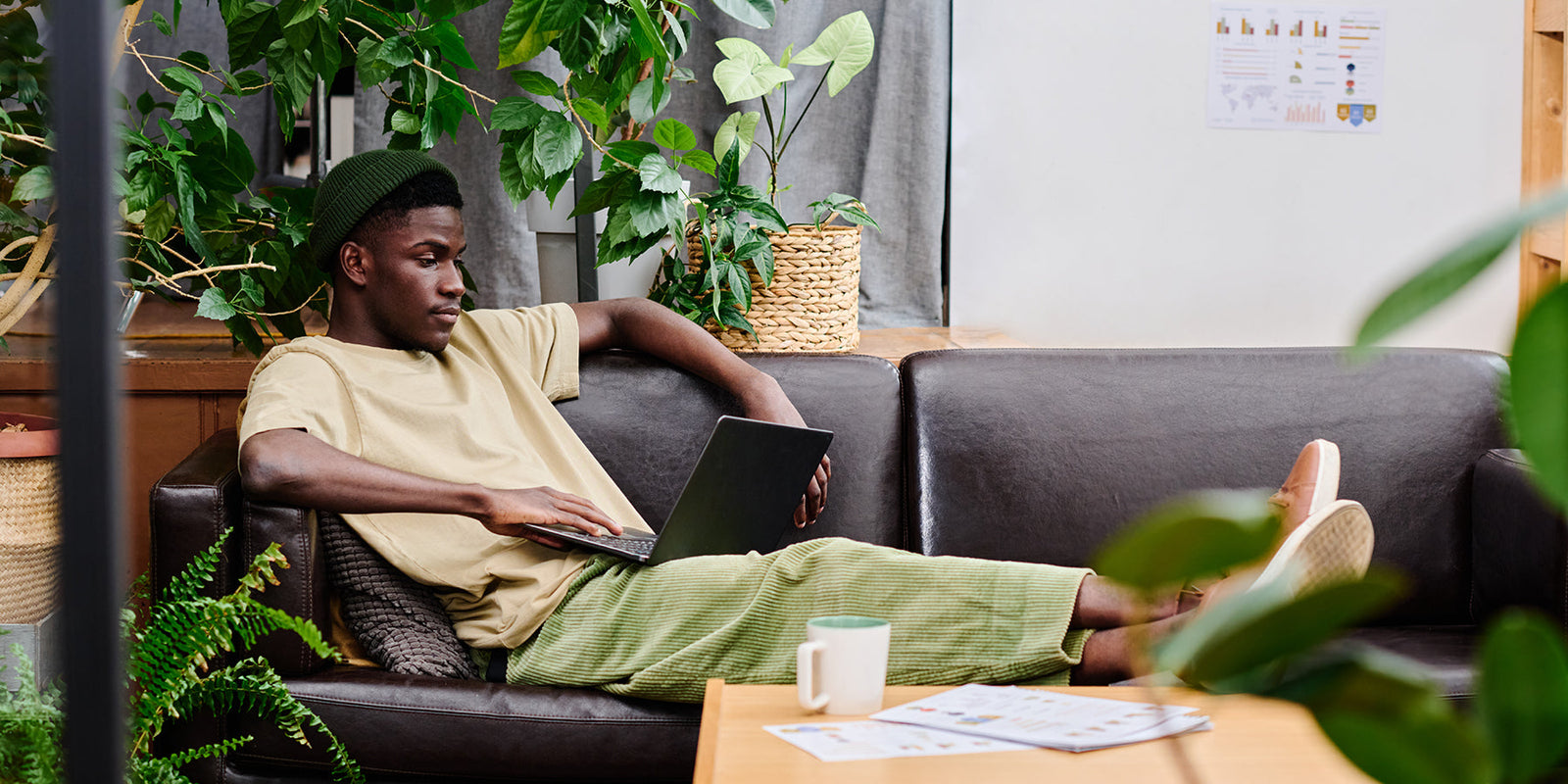Sustainable business practices are becoming more important….
Adopting more sustainable business practices is becoming increasingly important for businesses large and small. Your customers, your employees and your shareholders are demanding it AND the planet desperately needs it!
Business drives the world economy and the world economy has by far the greatest impact on our planet and it’s long-term viability. Business determines what gets made and how, and almost all business activities have a negative impact on the environment. These can broadly be classified into;
- Activities that deplete or pollute the earth’s natural resources
- Activities that generate greenhouse gases (and therefore contribute to global warming)
For example, when you deliver your goods to a customer, that transport depletes the earth’s supply of petroleum (which is not sustainable long term because it can’t be replenished) AND the exhaust generates greenhouse gases. How might a business decrease this part of their footprint? It could switch to using electric vehicles charged using renewable energy like solar power. Switching from air freight to sea freight will also dramatically reduce a business’s emissions.
What this article covers:
What are sustainable business practices?
Why is adopting sustainable business practices important?
Can any business become more sustainable?
Businesses in Australia and New Zealand that have adopted sustainable practices
What are sustainable business practices?
A sustainable business practice is anything that decreases the negative impact a business has on the environment or increases the positive impact it is having. For example, buying brand new office furniture puts a strain on the environment as resources and energy are required to make that furniture. Switching to sourcing secondhand chairs, desks etc instead is a very sustainable business practice! Pesticides and chemicals also pollute the environment, so phasing organic inputs into your supply chain is another sustainable and better way to operate.
Why is adopting sustainable business practices important?
- Because business can change the world.
- Because your customers are demanding it (if in doubt, this survey highlighting consumers' expectations of business confirms it)
- Because regulation is coming and you’re best to get ahead of it!
- Because it makes money and sense 😉 . It will save you money and you can’t afford not to.
Can any business become more sustainable?
Yes! Sustainability is a journey and becoming more sustainable can be as simple as making small incremental changes to the way you operate. Implementing more sustainable business practices is about taking a look at the full picture of a company’s operations, working out what steps can be taken to improve and how hard those steps are to take.
The classic “impact v effort” matrix is always useful. Start with those steps that require the least amount of effort and will make the most positive impact. E.g., moving your office closer to a public transport hub might be a big project (you might even have to break a lease) and the resulting impact might also be low – perhaps most of your staff already walk, car pool or manage to take public transport.
By contrast, choosing to conduct your board meetings via zoom instead of flying members to one location won’t require much effort, will reduce carbon emissions significantly, AND will save you money! Check out our article about how Better Packaging made a greener office environment.
-
Product-based businesses
- How are your products designed? Are they made to last?
- What do you make your products from? From a sustainability perspective the preference is for recycled or renewable materials, organic ingredients, and materials that can be easily recycled at end of use.
- Could your products be made more efficiently from fewer resources?
- How you transport your products and in what form? Is flatpack possible? Could you transport them ‘dry’ and add liquid later? Can you plan better and transport them via sea freight instead of air freight (which has a huge environmental footprint because of the amount of fuel required to get planes from A to B).
- How do you package your products? Is packaging minimized? Is it made from recycled materials and recyclable itself?
-
All businesses – even service providers have a footprint.
- How much paper do you use and when you do have to print, is it always double-sided?
- What power provider you use? Are they providing you with renewable energy?
- How do you kit out your office – brand new furniture or secondhand?
- Do you have a ‘library’ of reusable takeaway containers and coffee cups for employees to borrow?
- Where is your business is located? Could it be closer to public transport routes thus minimizing car use?
- How much waste do you produce and how do you deal with it?
- How much do you travel and could those trips be replaced by online meetings instead? If there’s anything the Covid pandemic taught us, it’s that we don’t need to travel nearly as much as we were. A lot, if not all, business can be done virtually.
Businesses in Australia and New Zealand that have adopted sustainable practices
It’s one thing to design a sustainable business model from day one, it’s another to transform an existing business to a more sustainable one. Here we’ll give real examples of the latter; businesses with an existing way of operating who have begun doing things differently, better!
- Apparel brands that have chosen to package their garments more sustainably like Bisley Workwear and Mister Zimi who made the switch to better poly bags and mailing satchels a number of years ago
- Product manufacturers that offer free replacement parts to extend the life of their products like Blunt Umbrellas
- Courier companies migrating their fleet to electric (or hydrogen-powered) delivery vehicles like NZ Post and Aus Post.
- Banks delivering their customers’ statements by email instead of post (saves paper usage and delivery emissions)
- Cafes adopting reusable cup programmes. In the Britomart precinct in Auckland, all cafes and restaurants have adopted the Again Again programme
- Cafes, restaurants and hotels are also increasingly finding responsible ways to deal with their food waste. When food waste is composted the nutrients are kept in loop and the greenhouse gases that would be generated as it decomposes in landfill are avoided. Everyday Coffee in Melbourne are an example of a cafe getting their coffee grounds collected by Reground who make sure they are composted and literally, don’t go to waste. Everyday also use Better Packaging to package their online orders so they are winning all round. Legends!
- Hotels encouraging guests to reuse their towels and providing shampoo and body wash from refillable pump bottles are a great example of saving money as well as water, resources and power. The Calile Hotel in Brisbane takes this a step further providing guests with glasses and chilled water stations on each floor rather than bottled water in the rooms.
- Even beer barons can do their bit better! Stone & Wood Brewing in Byron Bay have this year announced their move towards using regenerative malt(barley), sourced from Certified Sustainable farmers. They are going to phase this in gradually starting with their limited edition beers.
It may seem daunting, and overwhelming, but even the impossible can be accomplished gradually through incremental changes in the way your business operates.


